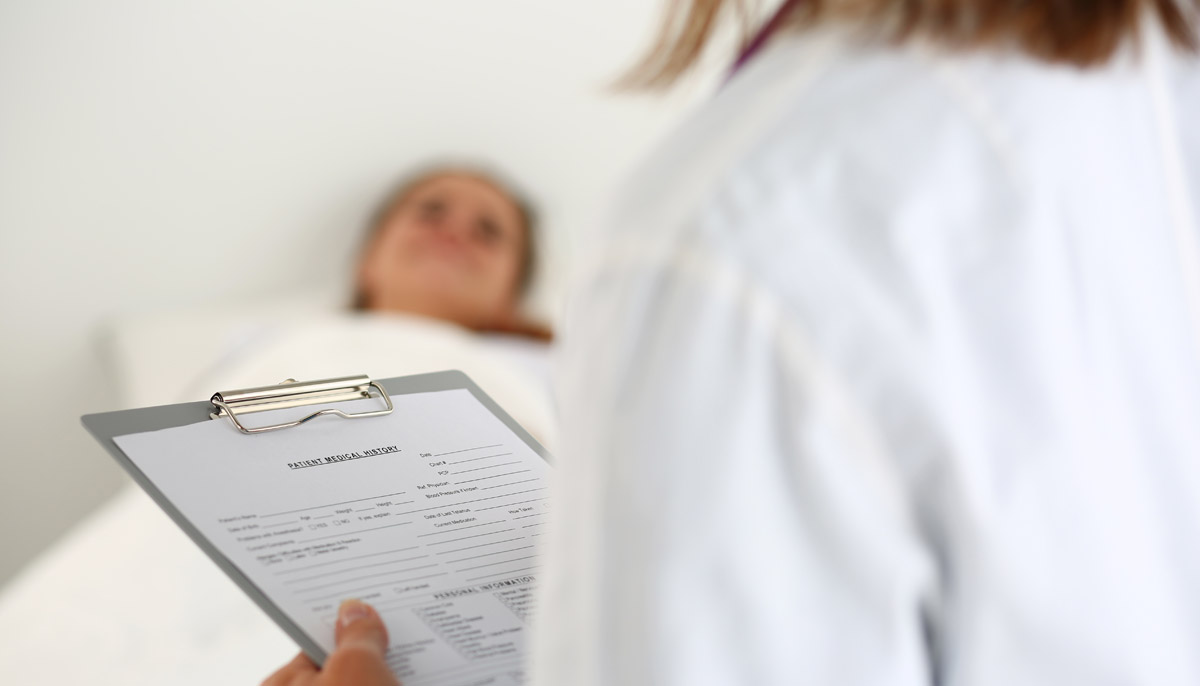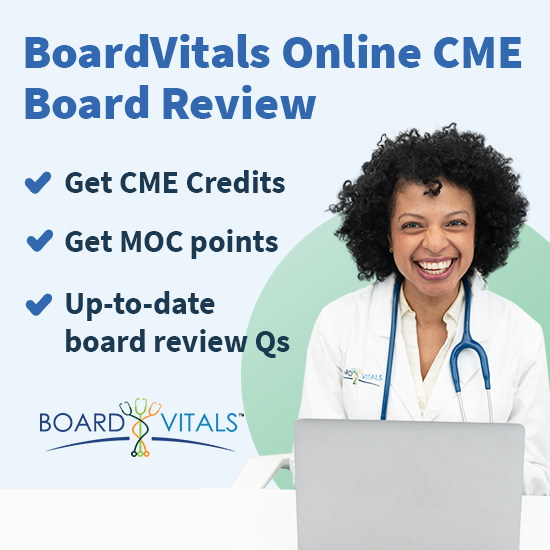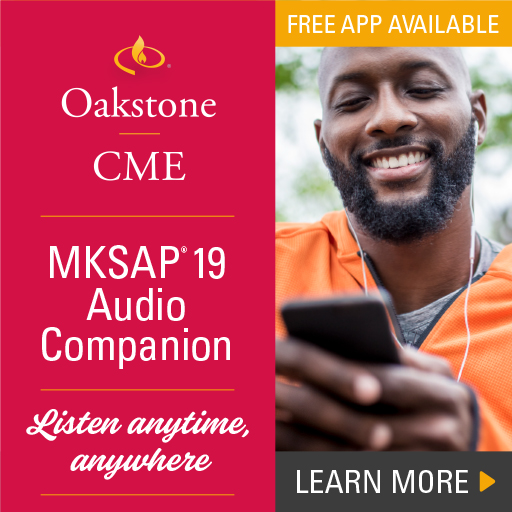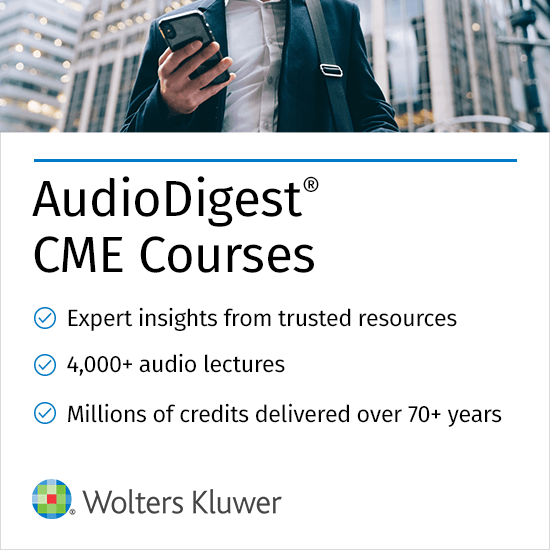
Physicians specializing in sleep medicine can prove their expertise by passing the American Board of Internal Medicine (ABIM) Sleep Medicine exam. Acing this test takes you a step closer to achieving ABIM certification. But how do you ensure your exam prep focuses on the subjects that will be tested? First, understand what the exam evaluates and covers. This blog will analyze the ABIM Sleep Medicine exam content to help you prepare for test day.
The ABIM Sleep Medicine Exam Basics
After completing an accredited sleep medicine fellowship or ACGME-accredited fellowship program, the next step in your career is achieving certification. Becoming an ABIM-certified sleep medicine specialist is a significant milestone. But first, you’ll have to prove your sleep medicine expertise by passing the ABIM exam. This computer-based test contains up to 240 multiple-choice questions (MCQs) on patient scenarios and physicians’ tasks in practice. The exam also has around 40 new questions. These questions won’t count on your score.
Which subject areas are covered in the ABIM exam?
Sleep medicine is an expansive subspecialty of internal medicine. This specialized medical field encompasses several subject areas, from sleep disorders, physiology, pharmacology, and management to insomnia and hypersomnia. The ABIM certification exam covers all sleep-related topics. Let's analyze the most recent ABIM Sleep Medicine blueprint to visualize featured topics.
- 16% of the ABIM exam focuses on normal sleep and variants. It covers normal sleep at 2%, sleep-wake mechanisms and neurophysiology at 4%, sleep deprivation effects at <2%, and scoring and staging at 7%. You can expect <2% of the questions to focus on other physiology topics.
- Circadian rhythm sleep-wake disorders account for 10% of the ABIM exam questions. About 6.5% of the questions focus on circadian sleep disorders, <2% on shift work disorder, and <2% on jet lag disorder. The exam also covers circadian sleep-wake disorder not otherwise specified at <2%.
- 17% of the ABIM sleep medicine exam covers insomnia, including chronic insomnia in adults at 10.5%, short-term insomnia at <2%, and chronic insomnia in children at 3.5%. You can expect 2% of the questions to focus on insomnia related to behavior, medical conditions, or substances. This 2% also covers isolated insomnia symptoms and normal variants.
- 12% of the ABIM sleep medicine exam focuses on central hypersomnia disorders. This 12% includes narcolepsy at 5% and insufficient sleep syndrome at 2.5%. The exam also covers hypersomnia due to medical disorders, idiopathic hypersomnia, Kleine-Levin syndrome, hypersomnia due to medications, longer sleep, and hypersomnia associated with psychiatric disorders. These subtopics contribute <2% of the questions each.
- Parasomnias account for 7% of the ABIM exam questions, including 3% on NREM-related parasomnias and 3% on REM-related parasomnias. The exam covers isolated symptoms, variants, and other parasomnias at <2%.
- 8% of the ABIM exam questions focus on sleep-related movements, including restless legs syndrome at 3.5%. The exam also covers periodic limb and rhythmic movement disorders, bruxism, sleep myoclonus, sleep-related leg cramps, isolated symptoms and normal variants, and other sleep movement disorders. Each subtopic contributes <2% each.
- Sleep-related breathing disorders make up 20% of the ABIM exam questions. The 20% includes obstructive sleep apnea at 9%, central sleep apnea syndromes at 7.5%, and sleep-related hypoventilation disorders at 2.5%. Sleep-related hypoxemia disorder and isolated symptoms and normal variants account for <2% each.
- Sleep in other disorders contributes 5% of the ABIM exam questions. The 5% covers neurologic disorders at 2%, psychiatric disorders at 2%, and other medical disorders at <2%.
- 5% of the ABIM exam covers instrumentation and testing topics, including electrical components, technical aspects of sleep devices, electrical safety, artifacts, study prep and testing conditions, and epidemiology and screening. Each subtopic contributes <2% of ABIM exam questions.
Final Words
ABIM Sleep medicine examinees require strategic exam-prep approaches and resources to master the subject matter. This post can help you ensure your study covers what will be tested. Then, tap into your clinical, diagnostic, and therapeutic management knowledge in sleep medicine to ace your ABIM exam.







